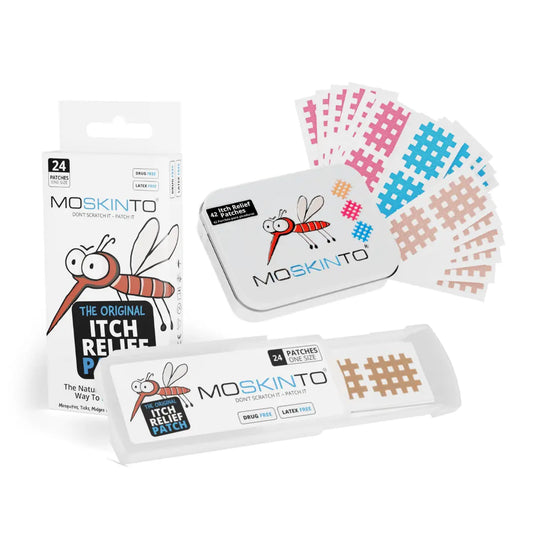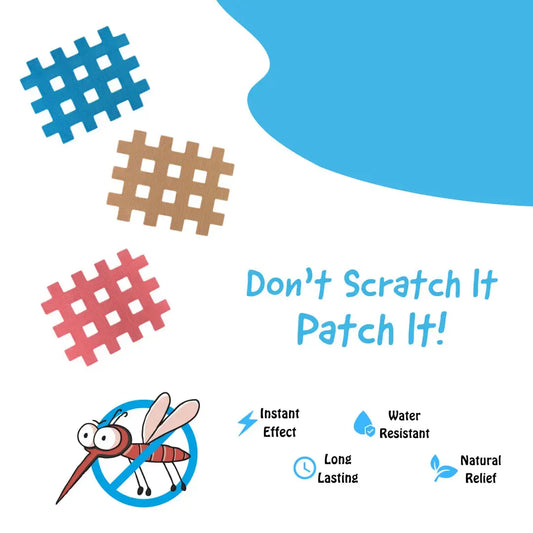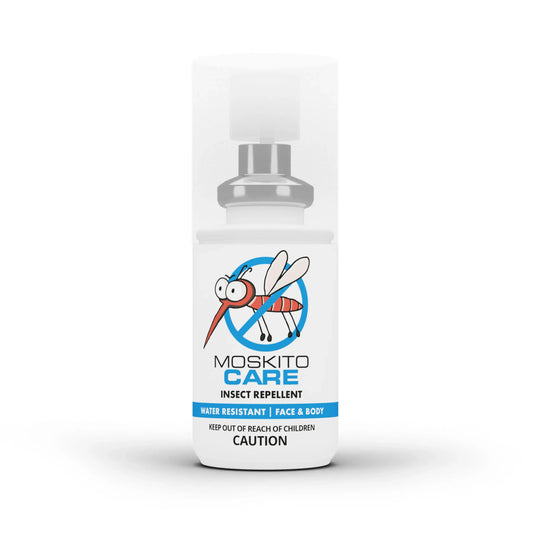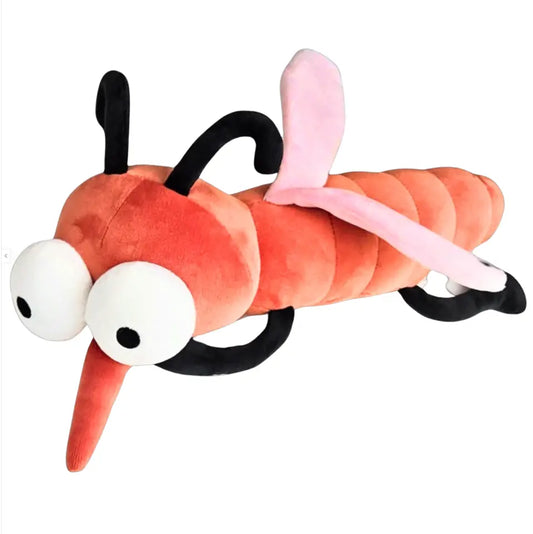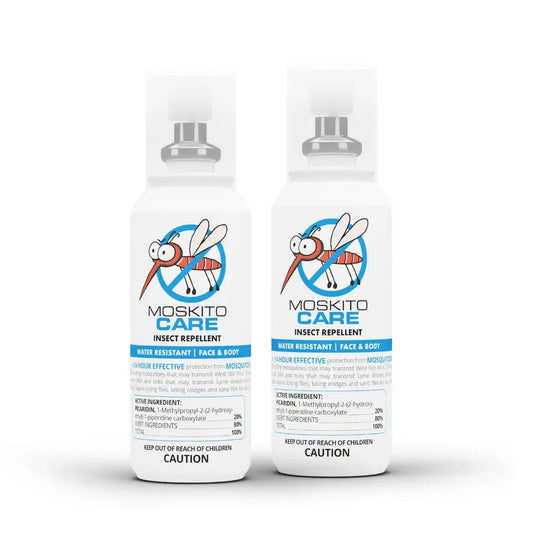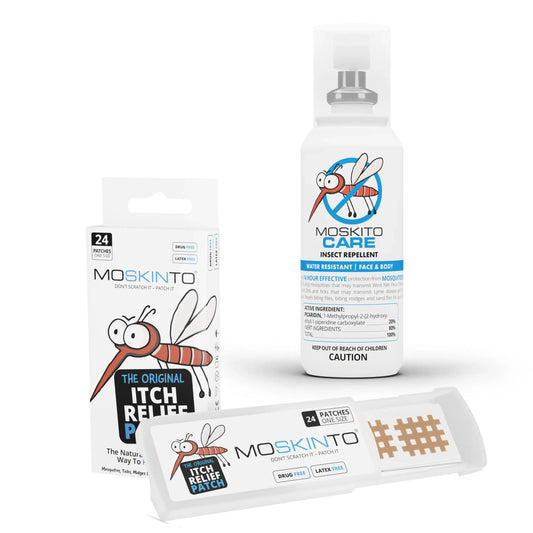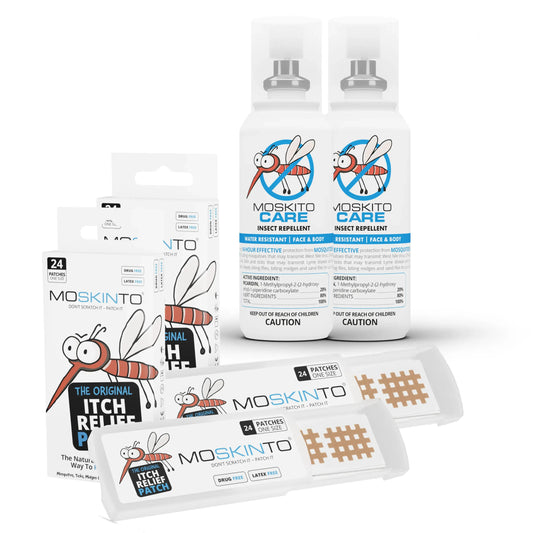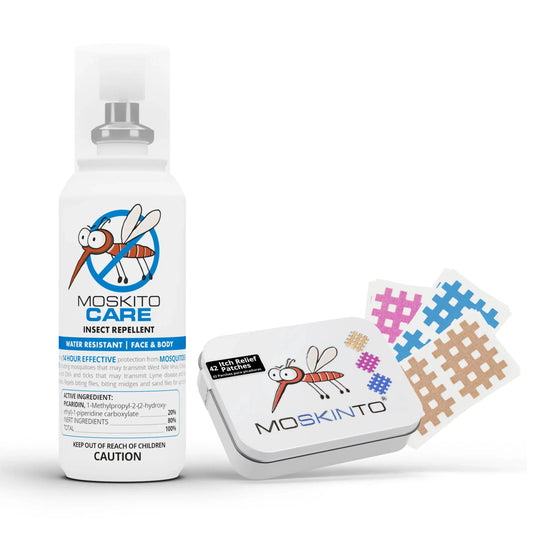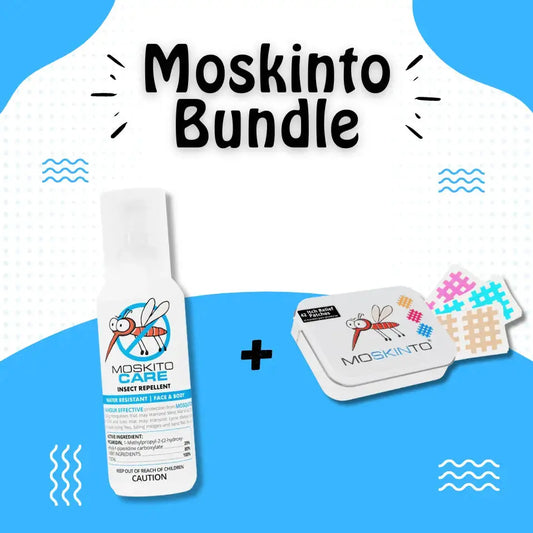Say Goodbye to Bites: Smart Strategies to Avoid Mosquitoes on Your Next Fishing Trip

Say Goodbye to Bites: Smart Strategies to Avoid Mosquitoes on Your Next Fishing Trip
Welcome, fellow angler! You're all set for some peaceful time by the water, but there's one little problem: the relentless hum and vexing bites of mosquitoes. Ever wonder why these tiny buzzers always seem to find you just as you're about to reel in the big one? Well, it all starts with understanding their life cycle and habits. Mosquitoes aren't just random pests; they have specific times when they love to feast-especially at dawn and dusk, and they absolutely thrive in warm, wet seasons. But don't let that dampen your spirits! Knowing when these mini vampires are most likely to strike is half the battle. So grab your fishing hat, because we're about to dive into the ins and outs of mosquito behavior to ensure your next fishing adventure is itch-free and full of good catches-without the unwanted bites. Let's get started on making your fishing experiences more enjoyable and less scratchy!
Pick Your Fishing Times Wisely to Sidestep Swarms of Mosquitoes!
Ever noticed how you might have the perfect bait, the perfect spot, and the perfect tackle, but your fishing trip can still be ruined by the relentless buzzing of mosquitoes? The key to enjoying your peaceful excursion could lie in the timing of your angler's adventure. Let's dive into understanding when these pesky biters are least active so you can set the hook in peace.
Analyze the Fish and Mosquito Activity: Dawn or Dusk?
It's no secret that fish tend to bite best at the crack of dawn or as the sun starts to set. Unfortunately, these are also the times when mosquitoes are most active. However, there's a sweet spot if you watch the clock. Aim for a window just after sunrise or just before sunset. During these periods, you'll still catch the fish feeding frenzy without offering yourself up as mosquito brunch.
The Afternoon Advantage
Consider midday fishing-especially in the warmer months-when the sun is at its zenith. Mosquitoes are not big fans of the bright sun and tend to lay low during the hotter part of the day. It's the perfect time for you to grab your rod and enjoy some bites-of the fish variety, that is!
Mastering Mosquito-Free Fishing Spots
Choosing the right location isn't just about finding the perfect spot to reel in a big catch-it's also about dodging those pesky mosquitoes! Believe it or not, the right location can make all the difference in ensuring your fishing trips are enjoyable and itch-free. So, let's dive into the secrets of selecting the ideal fishing spot that allows you to focus on the fish, not the bites.
Finding the Ideal Fishing Spot
Let's focus on how you can scout for the ideal fishing spot that promises the excitement of the catch while keeping those buzzing nuisances at bay. Read on for tips to find your ideal location:
- Search for moving waters: Look for rivers, streams, or breezy spots where the water is in motion-mosquitoes are less likely to breed there.
- Opt for sunny spots: Mosquitoes dislike direct sunlight, so the chances of encountering them are lower in sunlit areas.
- Choose a clear area: Pick a spot with less underbrush or lower vegetation to minimize mosquito resting zones.
- Check local reports: Sometimes, the best information comes from local anglers who can tell you about mosquito activity in the area.
Reel Them In, Keep Mosquitoes Out: The Savvy Angler's Guide to Repellents
Getting a big catch is sweet, but being a feast for mosquitoes? Not so much! Let's dive into the world of mosquito repellents to ensure your fishing adventures are memorable for all the right reasons.
Different Types of Insect Repellents and Their Effectiveness
When it comes to repelling these pesky invaders, you've got options. Here's the lowdown on some popular choices:
- DEET: This tried-and-true chemical is practically synonymous with insect repellent. It's potent, long-lasting, and a surefire way to keep those bugs at bay.
- Picaridin: Less oily and odorous than DEET, picaridin offers comparable protection without leaving you feeling greasy or smelling like a laboratory.
- Natural options: For those who prefer a gentler touch, natural repellents with ingredients like oil of lemon eucalyptus can provide relief, albeit often for shorter durations.
Guidelines on How to Properly Apply Repellents to Skin and Clothing
It's not just what you use, but how you use it:
- Apply a thin, even layer to exposed skin, avoiding eyes, mouth, and wounds.
- For clothing, spritz it on and let it dry before you wear it-this way, you've got an extra layer of armor.
- Remember, a little goes a long way; over-application won't up the protection but could heighten skin irritation or other risks.
Health Considerations and Safe Use of Repellents
Your safety's key in the great outdoors. Here's how to keep it that way:
- Always read labels and follow instructions to the T-those guidelines are there for your safety.
- If you're applying both sunscreen and repellent, sunscreen comes first. Give it time to sink in before spraying on the repellent.
- For the youngsters and expectant moms out there, check with a health professional to see what's safest to use.
- Pro tip: After you're done outsmarting fish and fending off mosquitoes, wash off the repellent to keep your skin happy.
Beat the Buzz: Know Your Enemy's Season and Species!
Going fishing can be the perfect way to unwind, unless you're dealing with a mosquito siege! One of the best strategies to avoid these pesky intruders is staying savvy about their seasonal patterns and understanding the different species that might make your fishing trip less enjoyable. After all, knowledge is power when it comes to mosquito-battling tactics!
Keep Up-to-Date on Local Mosquito Intel
Did you know that mosquitoes have their own peak times just like your favorite fishing spots? By tapping into local resources like environmental agencies or public health websites, you can find out when mosquitoes are most active in your area. Getting the scoop on the latest mosquito activity and peak seasons can be as simple as checking out local news outlets or signing up for alerts. This way, you can plan your fishing trips around these less-than-ideal times.
Know Thy Foe: Mosquito Species 101
Not all mosquitoes are created equal. Different species have distinct behaviors and pose varying levels of threats to us humans. For example, while some species are most active at dusk, others might be more likely to gatecrash your early morning angling session. Plus, only some species carry diseases that could put a serious damper on your post-fishing relaxation. Learn to identify the species common in your area and their unique characteristics. It could mean the difference between a successful fishing trip and a swatting marathon!
- Aedes mosquitoes: Often the culprits behind nasty diseases like Zika and dengue, these pesky fliers are typically most active during daylight hours.
- Culex mosquitoes: Prefer to come out and feast at night. It's worth taking extra precautions if you're planning a dusk-till-dawn fishing excursion.
- Anopheles mosquitoes: Known carriers of malaria and more active in the evening or early morning. Keep an eye on these guys if you're fishing in regions where malaria is a concern.
Maintain Your Freshness to Keep Mosquitoes at Bay!
Ever notice how mosquitoes seem to have a sixth sense for honing in on humans? They're not just good at this; they're experts. And a big part of that comes down to personal hygiene. To keep these pesky biters away while you're trying to relax and fish, you've got to understand something. Mosquitoes are like tiny, winged sharks of the sky; they zero in on a specific scent: your sweat and body odors.
How Your Hygiene Affects Mosquito Attraction
Humans naturally produce carbon dioxide, lactic acid, and other compounds that make up your personal scent. When you sweat, bacteria on your skin breaks down these compounds which can create a pungent cocktail that mosquitoes can't resist. However, too much washing or strong-smelling soaps can have the opposite effect on fish. Here's the lowdown on staying fresh without turning your fishing spot into a mosquito rave:
- Rinse, don't soak: A light rinse with unscented or mild soap helps eliminate the bacteria that contribute to your scent. This can reduce your mosquito appeal without overwhelming the fish with strong fragrances.
- Scent-free wipes: Specially designed scent-free wipes remove sweat and odors without leaving a trace. Perfect for a quick refresh in between casts.
- Minimize scented products: From deodorants to lotions, skip any strongly scented body care products if your plans include fishing. They may smell nice to you, but to mosquitoes, that's an invitation, and for fish, a possible alert to stay away.
- Consider your clothing: Remember that mosquitoes can latch on to scents that cling to your clothing. Prepping your fishing gear with a scent-free wash can keep both pesky critters and curious fish at ease.
Wrap Up Your Fishing Trip With No Buzzing Distractions!
As we close the tackle box on our strategies to keep mosquitoes at bay while fishing, let's do a quick recap. We've cast a wide net covering everything from understanding pesky mosquito behaviors and habits, to the power of repellents and the protective shield of appropriate clothing. We explored the tranquility of well-chosen fishing spots, the barrier of nets and screens, and the harmony of a clean environment.
The key isn't just in one method but rather in a combination of efforts. It's important to stay vigilant; mosquitoes are crafty, but with these strategies, you'll be several steps ahead, ready for uninterrupted reeling action. We've tackled various ways to fend off mosquitoes, but the battle is always evolving.

